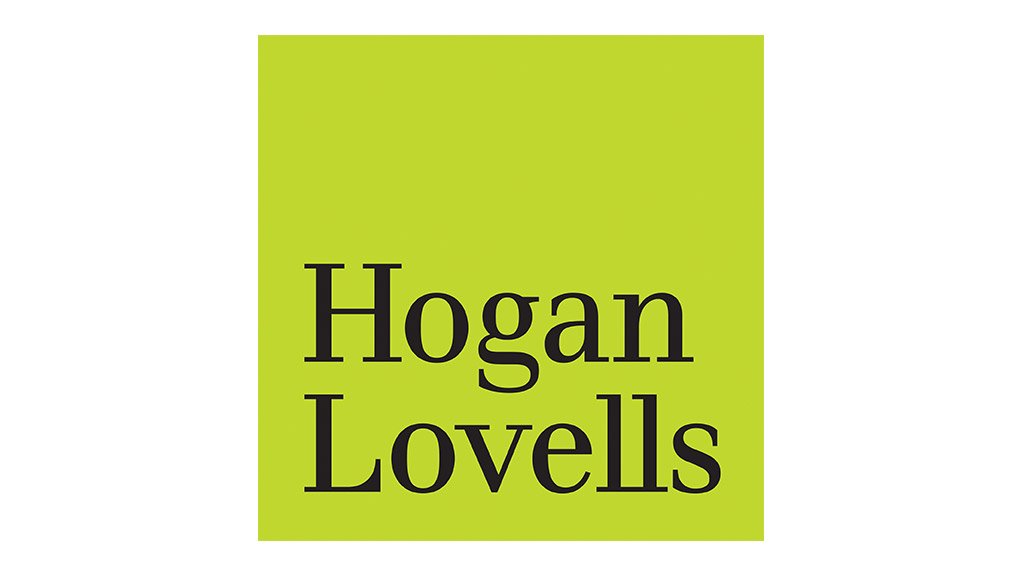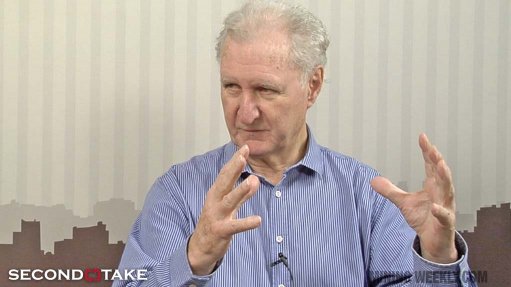Acting without formal shareholder approval – Has sanity prevailed?
This article has been supplied as a media statement and is not written by Creamer Media. It may be available only for a limited time on this website.
By John Nielsen and Darryl Jago, both associates at Hogan Lovells (South Africa). Supervising partner: Vivien Chaplin
In the recent case of Moraitis Investments (Pty) Ltd v Montic Dairy (Pty) Ltd (the Moraitis Case) the Supreme Court of Appeal (SCA) was charged with determining if a party had the requisite authority to conclude a settlement agreement.
Mr Apostolos Moraitis, a trustee of the Moraitis Trust and a director of Moraitis Investments (Pty) Ltd, entered into a settlement agreement on behalf of the aforementioned entities without any written authorisation to do so. The settlement agreement was subsequently made an order of court by consent.
Sometime after the settlement agreement was made an order of court, Mr Moraitis together with other interested parties, approached the courts to have the order and settlement agreement set aside on the basis of Mr Moraitis' lack of authority.
At the core of Mr Moraitis' case were two key contentions. First, that he had a personal interest in the matter and, accordingly, he was obliged to recuse himself from the decision to enter into the settlement agreement in terms of section 75 of the Companies Act (the Act). Second, the transactions contemplated in the settlement agreement constituted a disposal of all or a greater part of the assets of Moraitis Investments and as such sections 112 and 115 of the Act were applicable, which require, among other things, that the shareholders of the company disposing of all or a greater part of its assets pass a special resolution authorising same.
In deciding the matter, the SCA found that the English Company Law principle of unanimous consent, which was accepted as part of our law under both the 1926 and 1973 Companies Acts, should still find application under the Act today.
The principle of unanimous consent is based on two requirements. One, all shareholders of the company must consent to the matter. Two, all shareholders must provide such consent with the full knowledge of what it is that they are consenting to. The consent of the shareholders can be written or ascertained by their conduct.
In the case of Gohlke and Schneider v Westies Minerale (Edms) Bpk, which was decided under the 1926 Act, a succinct explanation was advanced regarding the mechanics of unanimous consent. The court stated that decisions of a company are capable of being taken informally by way of the unanimous consent of all shareholders, even in the absence of any formal meeting, and despite the fact that the procedures prescribed by the company's articles of association (now a company's memorandum of incorporation under the Act) were not observed, provided that all the shareholders are fully aware of what is being done (our emphasis). In this way the law gives effect to the substance rather than the form of the shareholders’ consent.
In the Moraitis Case, the SCA held that the rationale for the requirements of sections 112 and 115 of the Act was to "ensure that the interests and views of all shareholders are taken into account". The SCA reviewed the inner workings of the Moraitis Trust and Moraitis Investments and historical practice as to how issues of shareholder and trustee authorisation were dealt with and found that same evidenced unanimous consent by the shareholder (the Moraitis Trust being the sole shareholder) and trustees. Accordingly, the requirements of sections 112 and 115 of the Act had been discharged in relation to Moraitis Investments, with Mr Moraitis having been duly authorised by unanimous consent of the Moraitis Trust.
The SCA used the same reasoning to find that section 75(6)(d) of the Act would not apply to preclude Mr Moraitis from concluding the settlement agreement on behalf of Moraitis Investments, despite him having a personal financial interest, as he had been duly authorised by its sole shareholder to act in respect of the matter.
The resurrection of the principle of unanimous consent appears to provide a "safe harbour" for companies and directors who unintentionally act absent the requisite formal shareholder approval and processes, despite the shareholders being in agreement with such actions.
It is our view that it will not be possible to rely on the principle of unanimous consent to authorise corporate actions, which require shareholders' resolutions and/or which are required to be filed with or submitted to a regulatory body such as the Companies and Intellectual Property Commission.
The revival of the principle of unanimous consent appears make it easier for companies and directors to navigate, and potentially avoid, certain regulatory and compliance hurdles (and the costs associated with same) in instances where they act pursuant to the consent (formal, informal, tacit or otherwise) of all shareholders.
Written By John Nielsen and Darryl Jago, both associates at Hogan Lovells (South Africa). Supervising partner: Vivien Chaplin
Comments
Press Office
Announcements
What's On
Subscribe to improve your user experience...
Option 1 (equivalent of R125 a month):
Receive a weekly copy of Creamer Media's Engineering News & Mining Weekly magazine
(print copy for those in South Africa and e-magazine for those outside of South Africa)
Receive daily email newsletters
Access to full search results
Access archive of magazine back copies
Access to Projects in Progress
Access to ONE Research Report of your choice in PDF format
Option 2 (equivalent of R375 a month):
All benefits from Option 1
PLUS
Access to Creamer Media's Research Channel Africa for ALL Research Reports, in PDF format, on various industrial and mining sectors
including Electricity; Water; Energy Transition; Hydrogen; Roads, Rail and Ports; Coal; Gold; Platinum; Battery Metals; etc.
Already a subscriber?
Forgotten your password?
Receive weekly copy of Creamer Media's Engineering News & Mining Weekly magazine (print copy for those in South Africa and e-magazine for those outside of South Africa)
➕
Recieve daily email newsletters
➕
Access to full search results
➕
Access archive of magazine back copies
➕
Access to Projects in Progress
➕
Access to ONE Research Report of your choice in PDF format
RESEARCH CHANNEL AFRICA
R4500 (equivalent of R375 a month)
SUBSCRIBEAll benefits from Option 1
➕
Access to Creamer Media's Research Channel Africa for ALL Research Reports on various industrial and mining sectors, in PDF format, including on:
Electricity
➕
Water
➕
Energy Transition
➕
Hydrogen
➕
Roads, Rail and Ports
➕
Coal
➕
Gold
➕
Platinum
➕
Battery Metals
➕
etc.
Receive all benefits from Option 1 or Option 2 delivered to numerous people at your company
➕
Multiple User names and Passwords for simultaneous log-ins
➕
Intranet integration access to all in your organisation





















